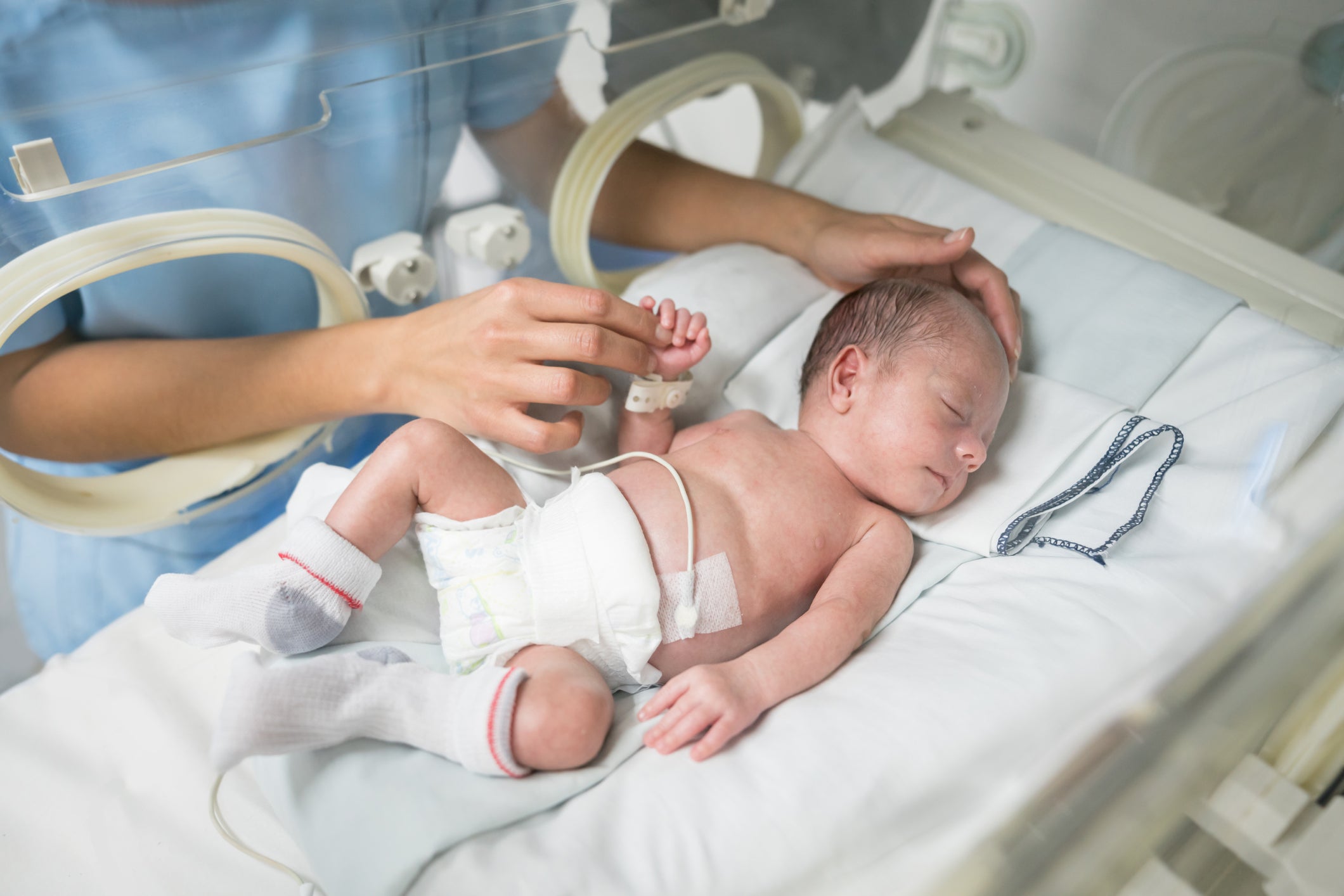More shocking revelations about maternity care show something is very wrong
Editorial: The failings in Nottingham are not identical to those seen in previous scandals, but they suggest a national problem

The revelations about the state of maternity care at Nottingham University Hospitals NHS Trust are as shocking as they are depressingly reminiscent of previous episodes across England. Thanks to whistleblowers and strong investigative journalism, yet another example of neglect and worse has been identified, despite the attempts of hospital managers to obfuscate and obstruct. The truth, though, is coming out, and is reported today.
In recent years, families in Morecambe Bay, in Shrewsbury and in east Kent have all had to deal with multiple and systemic medical failures resulting in needless loss of life, injury, and every sort of pain. Involving as they do the lives of newborn babies, the stories are inevitably distressing, but the institutional callousness so often experienced would be unacceptable in any branch of medicine.
The circumstances in the various maternity units are not identical – they could hardly be, given the nature of the cases – but something of a pattern seems apparent. Or, rather, it should have become apparent when the first of this series of scandals became public knowledge. The disturbing possibility is that many more hospital maternity services across England, at least, may be subject to similar shortcomings – a major national problem.
First, a lack of staff, specifically midwives, seems to be a partial explanation for what has been happening. Yet there are shortages of professionals in a number of medical disciplines, which seem to be managed better than in maternity services. Not every infant fatality or avoidable harm can be attributed to inadequate personnel. The explanation, and thus the solution, has to be deeper.
There is also the unusually “siloed” way in which medical professionals work in this field, meaning that the strong multidisciplinary teamwork that the NHS can be so excellent at is curiously and damagingly absent. Too often midwives, obstetricians and other doctors work separately, reluctant to intervene when the circumstances demand, and this makes the teams that are supposed to look after mothers and babies less effective, and less than the sum of their parts. This professional failure to collaborate can have devastating effects. Whatever best practice is in maternity care, it is plainly not being proselytised very effectively.
Something seems to be very wrong with the culture of this branch of medicine. It may be connected to another cultural bias, which is towards natural birth. There is some prima facie statistical support for this, given that the trusts involved have generally relatively high ratios of natural births. Thus, for example, mothers may be left in labour for longer than is good for them or their newborns, basically due to medical dogma.
Last, and most obviously, there is the traditional institutional reflex to cover up and defend mistakes in order to protect reputations. Hospital trusts and maternity units are hardly unusual in this respect. Government departments, political parties, charities, trade unions, police forces, banks, companies, churches, local government, football clubs, Buckingham Palace – all are examples of organisations whose leaders have variously attempted to minimise and deny serious harm to the public, to their own staff, and to the people who rely on them.
In that sense, we ought not to expect those who run hospitals to have different instincts. However, it is beyond time for the Department of Health and Social Care to supplement the inquiries into individual trusts with a national examination of how maternity services are organised, whether the preference for natural birth is being too zealously applied, and how these services can be better policed and regulated, perhaps with a specialised version of the Care Quality Commission set up as an emergency task force. In the meantime, the families deserve answers, justice, and whatever help they need to get through the tragedies that have been visited upon them.



Join our commenting forum
Join thought-provoking conversations, follow other Independent readers and see their replies
Comments